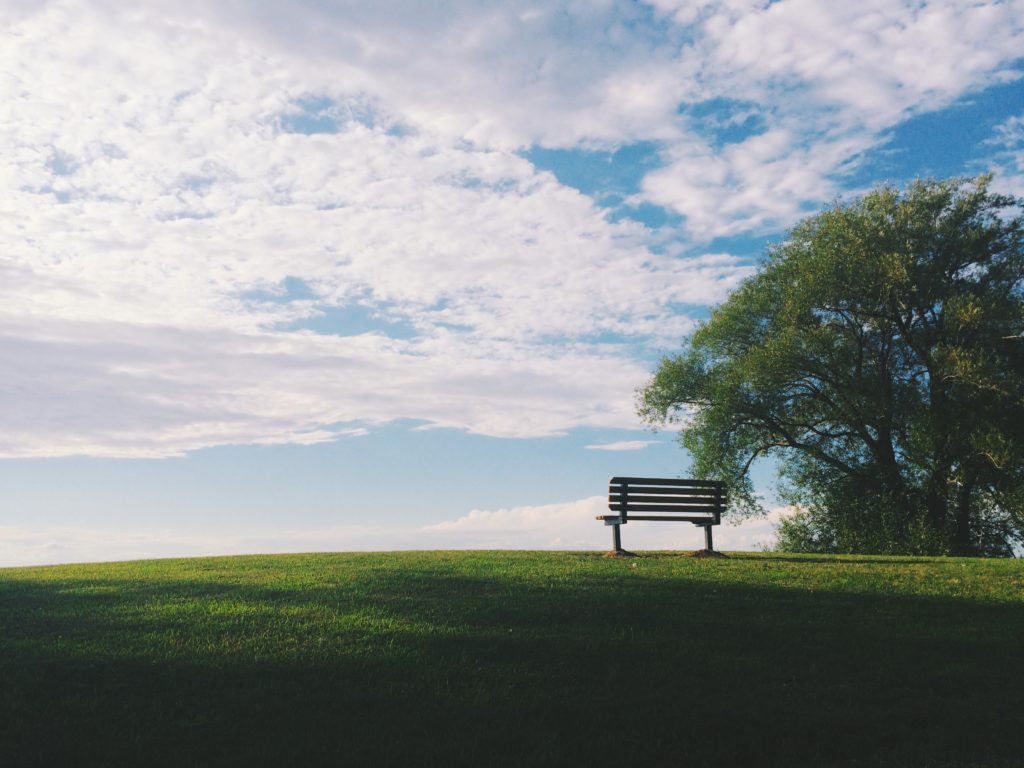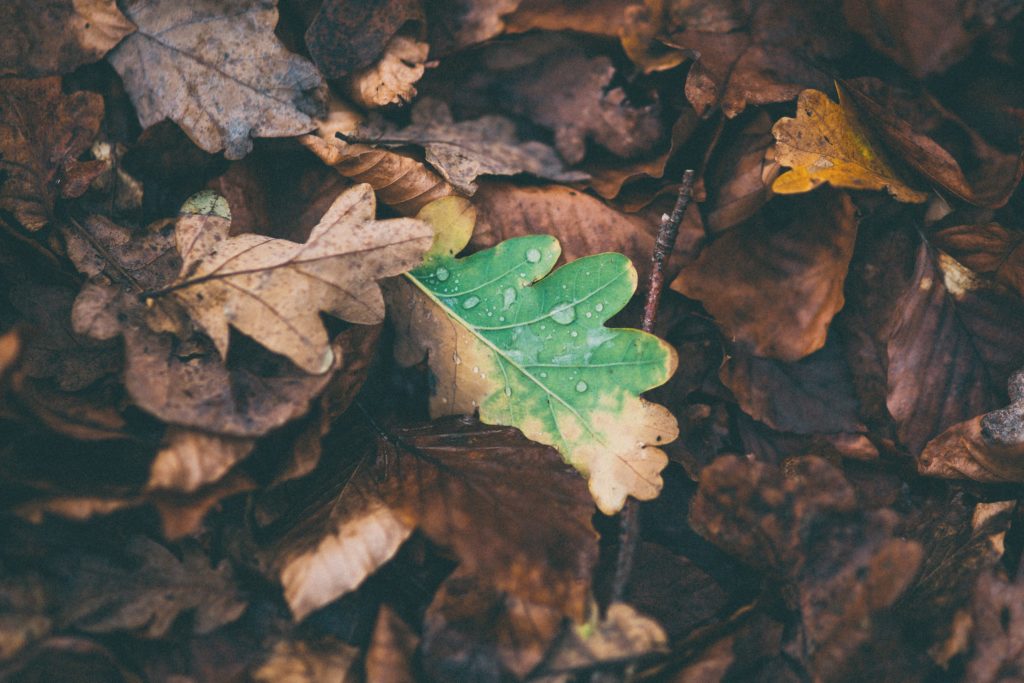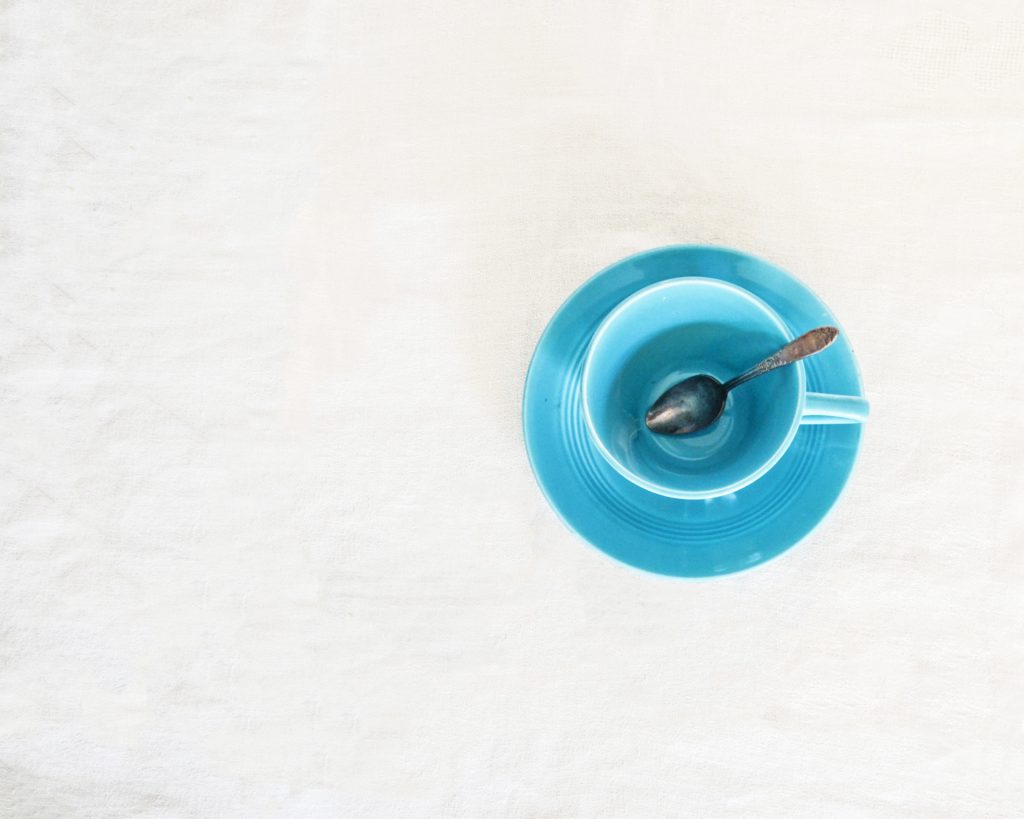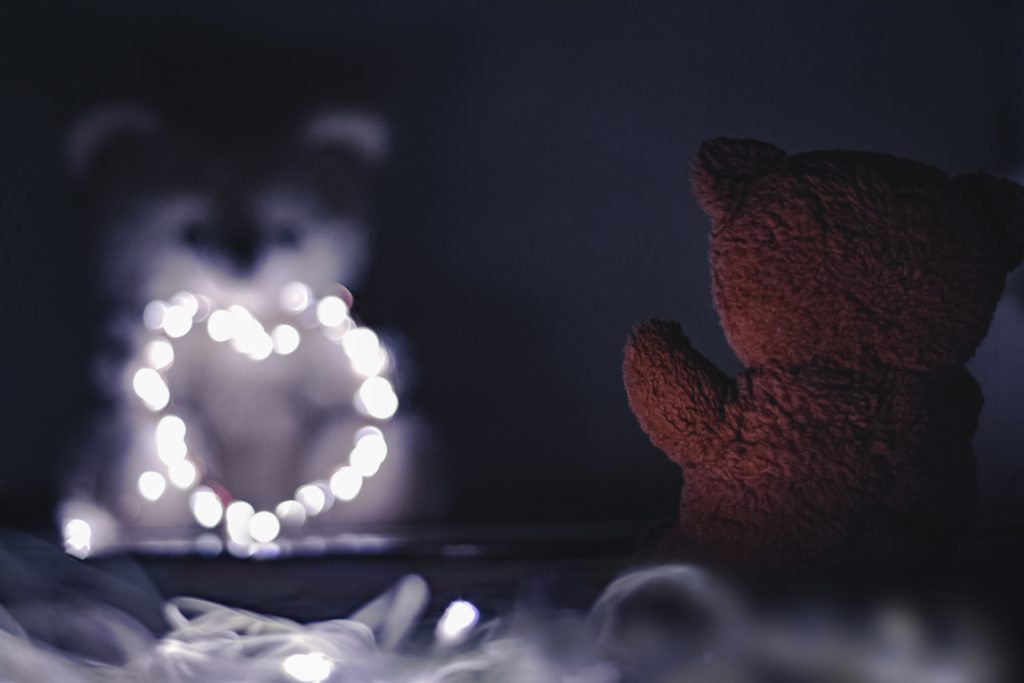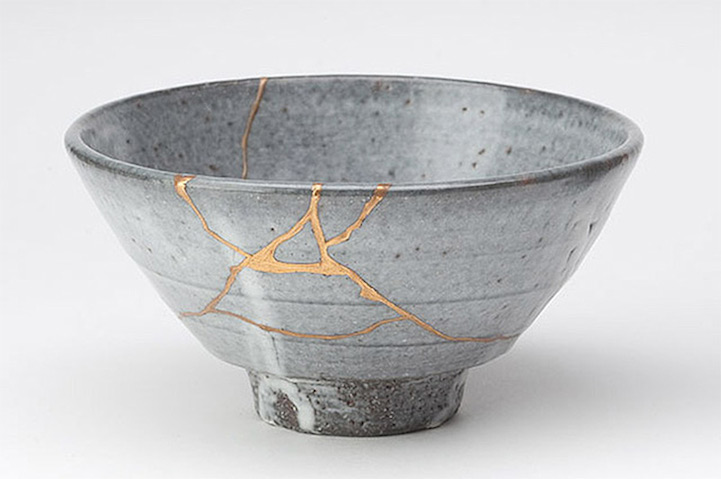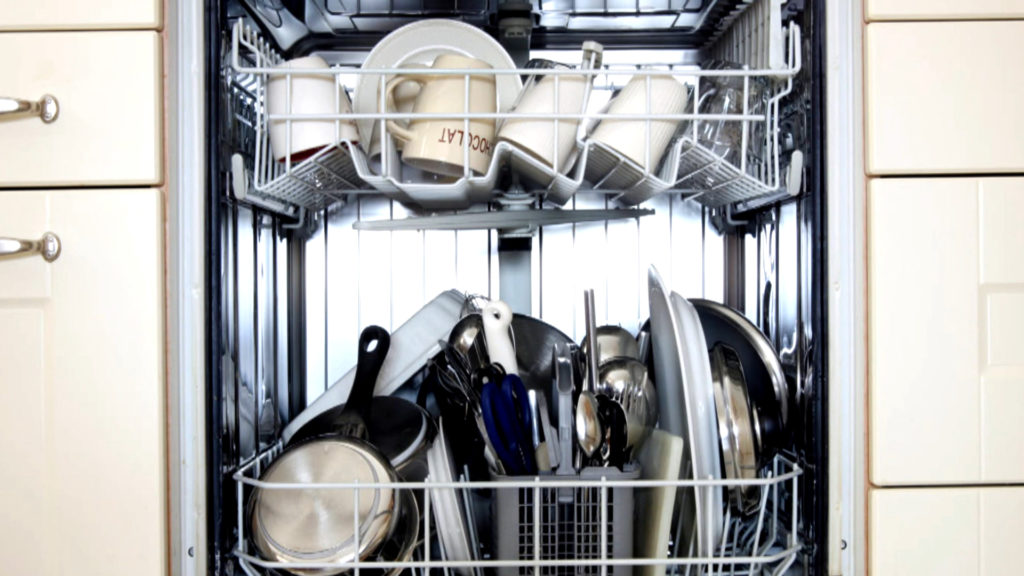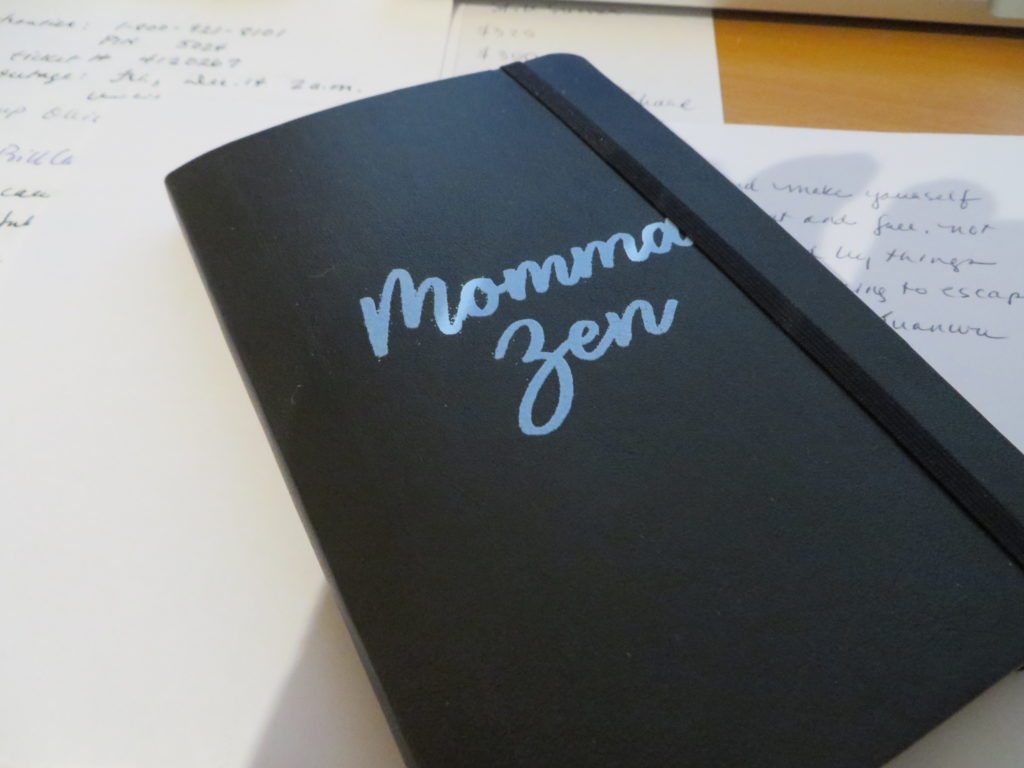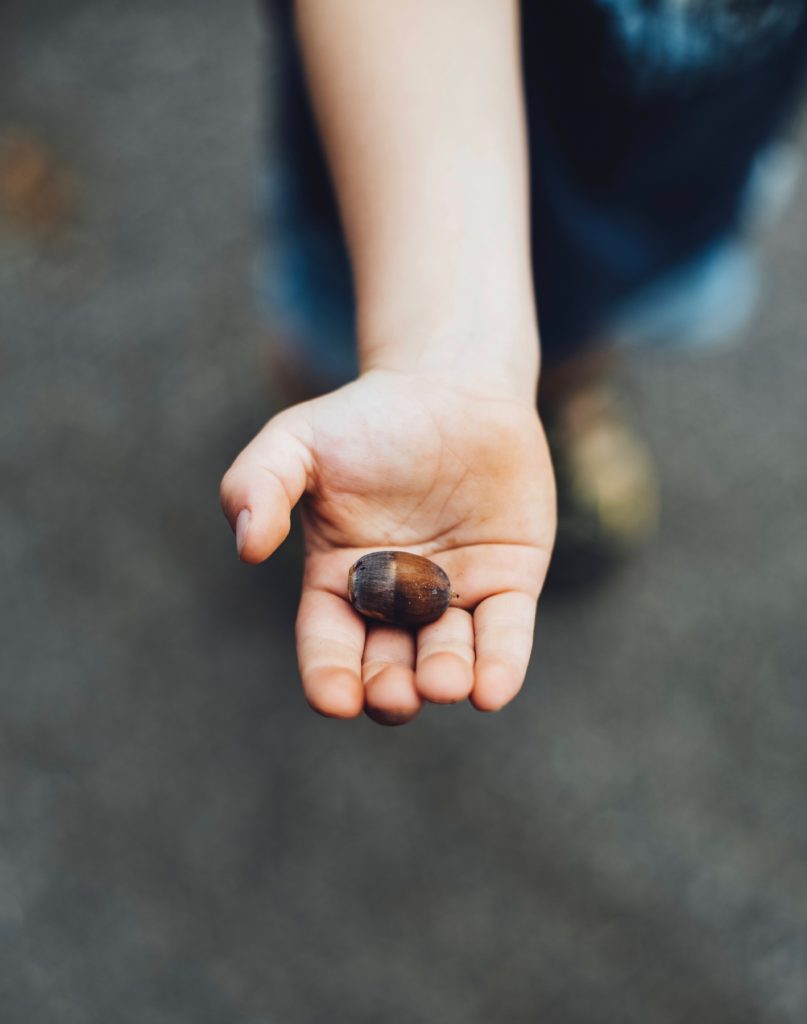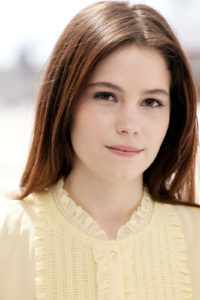 You have always been you. It sounds a little bit silly to say that, because it doesn’t come close to expressing what I mean. As the person who has spent every one of last 8,000 days and nights in silent wonder and raging worry over every aspect of your life—your eating, sleeping, feeling, and thinking; your hair, bones, blood and skin—I mean it as an admission. It wasn’t me. It isn’t me. It will not be me that makes you who you are.
You have always been you. It sounds a little bit silly to say that, because it doesn’t come close to expressing what I mean. As the person who has spent every one of last 8,000 days and nights in silent wonder and raging worry over every aspect of your life—your eating, sleeping, feeling, and thinking; your hair, bones, blood and skin—I mean it as an admission. It wasn’t me. It isn’t me. It will not be me that makes you who you are.
I have a memory of the first time you waved bye-bye. A sitter was holding you in her arms near the front door and I was walking out of it. When your baby waves bye-bye to you it’s a moment that really sticks. But it’s not quite right to say you were a baby then. You were already you when you did that, already a perfectly functioning human being. You were on a path that was uniquely yours, that had begun in a time and place before me, and that would progress in a completely intact and natural way after me.
Why did I think I had so much to do with it?
Every now and then my Zen teacher will say something (that he has said many times before) to point to the truth of life. It goes sort of like this: “Once you were a little child, then a teenager and now an adult. You were 10 then 18, 30 or 50. Was any of that hard to do?” No, we chuckle to ourselves, since it’s a given. It happens by itself.
Consider the lilies of the field, how they grow. They don’t toil, neither do they spin.
A lily does not become a stalk of corn either. It never becomes anything but itself, by itself. This is another revelation that sounds stupidly obvious and unremarkable. But we should reflect on it. We should study it: the obvious and effortless perfection of the way things are and how they come to be.
I grew up in another time, a time before the dawn of the Industrial Parental Anxiety Complex. This is to say that my mother did the mothering, such as it was, and my father did the fathering, for better or worse, but nothing that they did or didn’t do was formed by this new attitude of expertise called parenting. Parenting is not something that anyone knows how to do or will know how to do. It cannot be taught, except by children, who have the sometimes charming and often infuriating ability to be no one but themselves.
My mother never once hid broccoli in the mac and cheese. She never hounded me to practice the piano as a way to elevate my math scores or letter in lacrosse to polish my college prospects. These kind of manufactured agonies were simply beyond the few extra hours available in her day. She had other concerns, great matters, and her children did not appear to be chief among them. Oh happy day!
Sitting quietly, doing nothing, spring comes and the grass grows by itself.
This is not to say that we don’t have our hands full, as parents. Not to say that there isn’t much to learn or do, but it concerns our children far less than we think. Our job is to raise ourselves upright as half-decent people and self-managing adults. To be honest and reliable. To be patient. To have confidence in ourselves and trust in nearly everyone else. To keep going through the rough patches, with a resilient hope and idiotic optimism that all will be well. To shine light equally on the lilies and the thistles, the flowers and the thorns, the rocks and the mud and the grass that grows every which way in the field without applying a fence or force. To simply be, faithful and true, because that is how our children grow strong in themselves as themselves, lacking nothing, functioning perfectly, the amazing humans they already are.
Originally published Feb. 26, 2018. Still counting the days and nights, and will be, forever.


